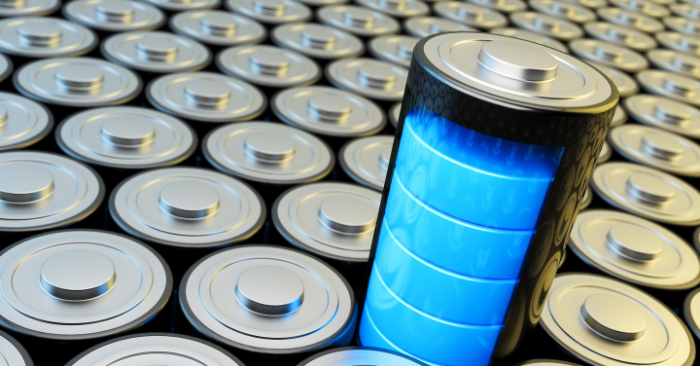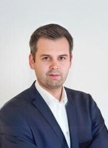
RecyLIB

Description
- Programme: ERA-MIN (and national funding organisations)
- Funding amount: EUR 1.1 million, of which 440,000 € is for Bavaria
- Funding period: 05/2022–04/2025
- Coordinator: Dr. Michael Hofmann, Fraunhofer Institute for Silicate Research ISC
- Project number: 101003575
- Internet: https://recylib.eu/
EU project RecyLIB: Reducing batteries’ environmental footprint
Electromobility continues to gain momentum. Accelerated by high fuel prices, more and more buyers are switching to hybrid or pure electric vehicles, as shown by the latest statistics of new registrations. As the number of traction batteries increases, the question of environmentally friendly manufacturing and recycling processes is also becoming louder. One key aspect is the function-preserving recycling of lithium-ion batteries. The "RecyLIB" project launched in 2022 - funded via ERA-MIN by the European Union and national funding organizations - aims to set an example with new processes for battery electrode production, direct recycling and integrated functional material cycles.
Integrated lithium-ion battery electrode manufacturing process
To save primary raw materials and enable a circular economy, functional materials must be recovered and efficiently reused as much as possible. "RecyLIB" aims at an integrated lithium-ion battery electrode manufacturing process, where the production process is already designed to allow the use of recycled material. This allows the active functional material to be recovered after the battery’s end-of-life with high yield becoming available for direct reuse in the remanufacturing of electrodes.
Battery production and battery recycling must go hand in hand
The recycled electrode material should be able to be reintroduced directly into the electrode manufacturing process without affecting cell performance. Moreover, critical process aids, such as toxic solvents, are to be eliminated. The RecyLIB team wants to take a big step toward sustainable battery production in Europe. Battery production and battery recycling must go hand in hand so that energy and resource consumption in production and also CO2 emissions and other environmental impacts are as low as possible.
Sustainable, circular battery ecosystem in Europe
To achieve this, the RecyLIB consortium is relying on water-based separation (electrohydraulic fragmentation and centrifugation) and sorting processes to recover the battery materials as gently as possible, as well as on a melting process-based electrode manufacturing which allows the waiver of toxic solvents. The performance and aging behavior of battery cells made from primary raw materials and recycled functional material are also being investigated and evaluated as part of the project. RecyLIB, with its integrative approach and consistent focus on resource-conservation and energy-efficient processes, is therefore an important building block for a sustainable, circular battery ecosystem in Europe.
(Source: Fraunhofer ISC)
Consortium
In this three-year project, the Fraunhofer Institute for Silicate Research ISC is in charge of project coordination. A total of six project partners from three countries (Germany, France and Belgium) are involved.
- Fraunhofer Institute for Silicate Research ISC (Coordinator, Germany)
- HUTCHINSON SA, France
- Ghent University, Belgium
- ImpulsTec GmbH, Germany
- Bavarian Research Alliance GmbH, Germany
- Carl Padberg Zentrifugenbau GmbH, Germany
BayFOR@Work
The Bavarian Research Alliance supported the project through intensive application support. In the current project, BayFOR is carrying out dissemination activities as a project partner.
Contact

Dr. Michael Hofmann
Head of Lithium- and Sodium-Ion Technology
Fraunhofer Institute for Silicate Research ISC
Neunerplatz 2
97082 Würzburg, Germany
Phone +49 931 4100-228
E-Mail: michael.hofmann@no-spam-pleaseisc.fraunhofer.de
Contact at BayFOR

Dr. Daniel Kießling
Scientific Officer Information & Communication Technologies |
Engineering & Natural Sciences
Phone: +49 911 50715-920
Email: kiessling@no-spam-pleasebayfor.org




